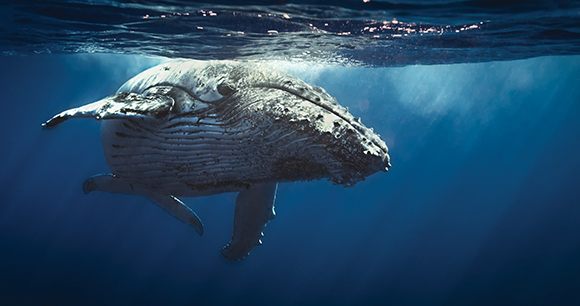Cetacean Shows: Not Quite so Captivating
The past three years have seen considerable progress on the campaign to end the display of captive cetaceans. The change appears to date from the tragic death of SeaWorld trainer Dawn Brancheau, who was killed...
